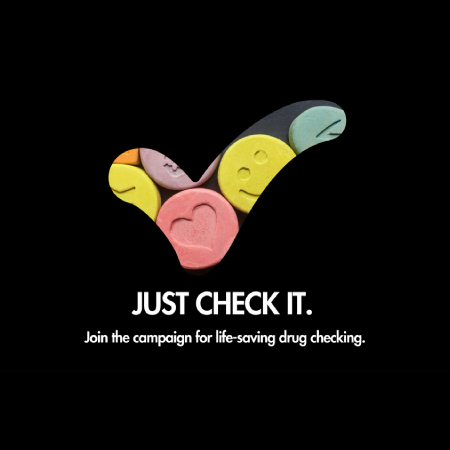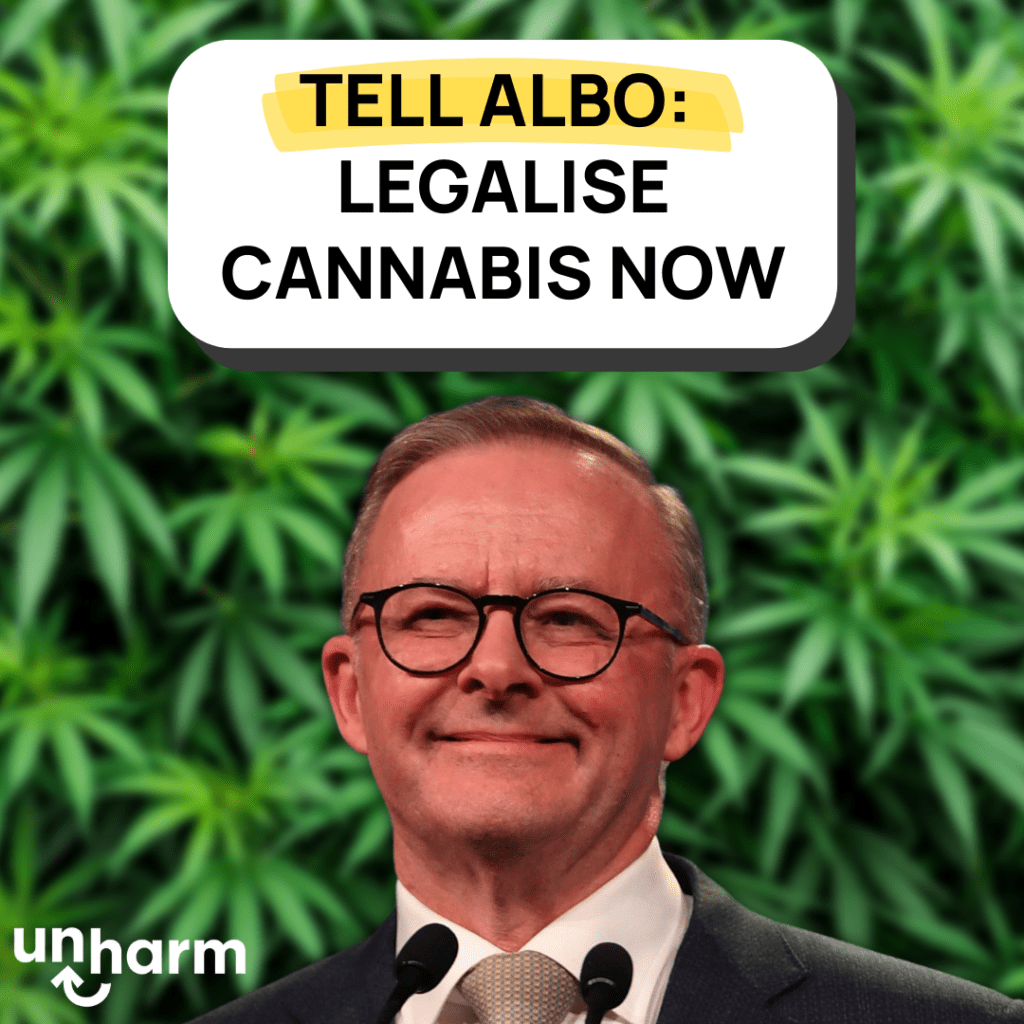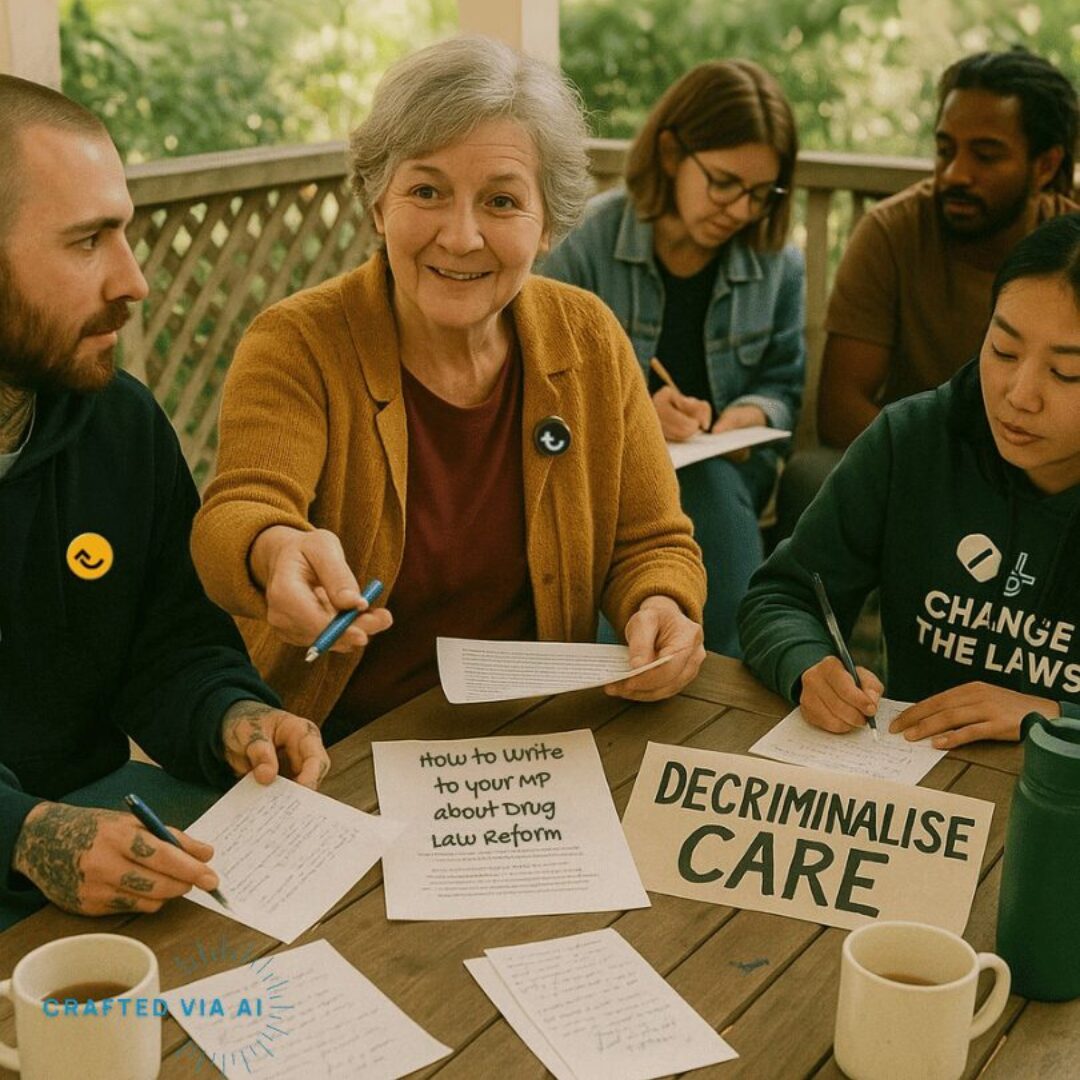
The Change We Need: What Must Come After the NSW Drug Summit
Ella Factor
7.5.25
In December, the NSW Government convened the first Drug Summit in 25 years. It brought together people who’ve lived through the harms of our drug laws, alongside health professionals, legal experts and community advocates who’ve spent years trying to reduce those harms.
It was a rare moment of truth-telling. For once, the system stopped talking about people who use drugs and started listening to them.
The message from attendees was loud and clear: our drug laws are broken. They cause more harm than they prevent. And fixing them requires more than half-measures. We need to leave behind fear, punishment and outdated ideology, and build a system based on evidence, care and connection.
A step forward but not yet far enough
In April, the Summit Co-Chairs released their official report to the Government. It recommends several long-overdue reforms: pill testing, better access to diversion, some limits on police powers, and changes to cannabis driving laws for medical patients.
These are important and welcome steps. They’d reduce harm, save lives and bring NSW drug policy closer to what the evidence supports.
But the most effective, transformative reforms, that would make the biggest difference to people’s lives, were left out.
Tinkering around the edges won’t fix a system built on punishment. Right now, people are still being criminalised simply for using drugs, regardless of the reason, even if they have a valid prescription. This criminalisation creates harm, fuels stigma, and puts lives at risk. If the government is serious about safety, it needs to stop defending laws that make people less safe.
What real reform looks like
If there’s one thing the Drug Summit made clear, it’s this: real safety doesn’t come from policing. It comes from care, connection and honesty.
Right now, the laws themselves are creating danger. They force people into the shadows. They turn personal decisions into criminal offences. They punish people for seeking support. They don’t even reduce drug use, they just make it more dangerous!
Here’s what real safety would look like, and the reforms that would make it possible:
- Provide fixed-site pill testing, so people have access to accurate information and non-judgemental care, not stigma and guesswork. Care can’t just be promised, it needs to be accessible, visible, and real, enabling people to make informed decisions.
- End drug dog operations and police strip searches in public places. These tactics don’t make communities safer. They intimidate, humiliate, and destroy the trust we need to keep each other safe.
- Fix cannabis driving laws to test for actual impairment, not mere presence. No one wants unsafe drivers on the road, but punishing safe drivers for taking prescribed medicine doesn’t make roads safer. It just creates fear and confusion.
- Decriminalise personal cannabis use, because prohibition fuels risk. People end up relying on unsafe supply, avoiding information and support, and living in fear of being charged for something that shouldn’t be a crime at all. Criminalisation pushes people into silence, shame and danger. Real safety means giving people the freedom to seek help, speak openly, and live without fear.
These aren’t radical demands. They’re the minimum needed to undo decades of harm and build a system that actually works. Every one of these reforms is backed by evidence, by expert consensus, and by the people most affected.
Every day they’re delayed, people are left at risk.
What’s at stake?
Every reform on that list has a human cost when delayed.
People avoiding medical treatment because of fear. Young people being strip-searched at train stations. Drivers losing licences not because they’re impaired, but because THC showed up in a test, days after impairment wore off. Communities losing trust in police. People dying because they didn’t know what was in their pill, or were too afraid to ask.
And it’s still happening. In 2024, NSW Police recorded 12,579 incidents for simple cannabis possession, making up around 43% of all drug-possession cases that year. More than 6,400 of those went to court, dragging people into the system over small, personal amounts.
This isn’t hypothetical. It’s real. It’s now.
The Drug Summit wasn’t just a forum for opinions. It was a platform for truth-telling, and a chance to bring together experts, community leaders and people with lived experience to shape the future of drug law reform in NSW. For many who shared their stories, it was a moment of real hope: the idea that finally, the system might change.
That hope shouldn’t be wasted on half-measures.
What the NSW government must do next:
Unharm is calling on the NSW Government to:
- Deliver on the reforms already recommended
- Go further, and go faster to address what’s missing
- Put real safety, not stigma, at the centre of drug policy
We’ve heard the excuses before. That the time’s not right. That some changes are too politically difficult. But this time, it’s different. The public is ready. The evidence is overwhelming. And the people most affected have already spoken.
Now it’s time for the government to prove they were listening.
Want to be part of the change?
If you care about building a system that treats people with dignity, not punishment, we want you with us.
Take our “personality” style quiz to discover what kind of change maker you might be. You’ll learn more about the role you can play in the movement for drug law reform and help shape a future based on truth, not fear.
Together, we can end the war on drug users — and replace it with something better.
Let’s build a system that works.
Ready to put your name to calling for change? Check out our campaigns:

Petition: Just Check It!
Jump on board with our campaign to expand the pill testing trial to include community based sites.

Petition: Legalise Cannabis!
Jump on board with our campaigns to legalise and regulate Cannabis in Australia.

Petition: Stop strip searching kids!
Jump on board with our campaigns to get the NSW cops to stop strip searching children.

Change maker style quiz:
Find out what style change maker you might be – take our quiz.
Get involved
Join the movement and find out about campaigns in your area.